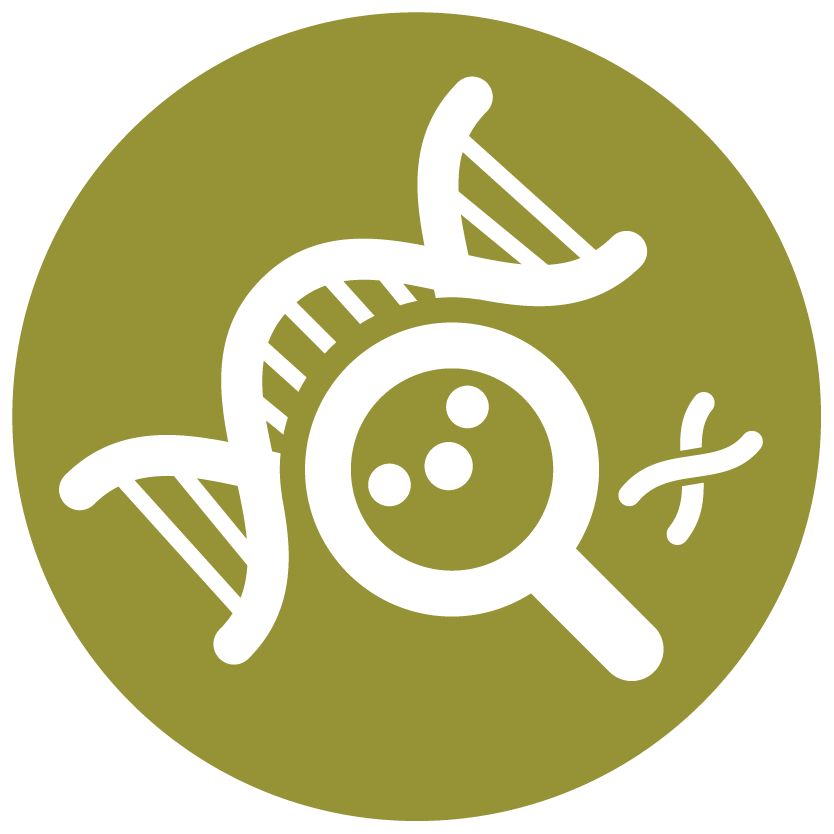Back
Discovery and Basic Research
Session: Rapid Fire: Epigenetic Drug Targets and Epigenetic Modifiers
Piperlongumine Reverses EGFR Resistance as Adjuvant Treatment in NSCLC Cells
Tuesday, October 18, 2022
3:00 PM – 3:15 PM ET
Location: 255

Shail Rakesh Modi, PhD
PhD Student
MCPHS
Worcester, Massachusetts
Rapid Fire Speaker(s)
Overexpression of the epidermal growth factor receptor (EGFR) is associated with the development of lung cancer. EGFR-targeted therapies such as EGFR- tyrosine kinase inhibitors (EGFR-TKI; e.g. erlotinib and gefitinib) are approved for the treatment of non-small cell lung cancer. However, the high incidence of acquired resistance to these EGFR-TKIs may preclude their effectiveness. We hypothesized that piperlongumine would induce a potent anticancer response in NSCLC cells and overcome resistance in lung cancer cells to EGFR-TKIs. We investigated the anticancer efficacy of piperlongumine, erlotinib, and gefitinib as individual or combination treatment with cisplatin as positive control. To investigate the mechanism of piperlongumine we performed reactive oxygen species (ROS) assay, apoptosis assay, and immunoblotting of mitogenic and apoptotic markers. We observed that piperlongumine exhibited a potent cytotoxic effect and could reverse the acquired-resistance of erlotinib and gefitinib in lung cancer cells. The combination of piperlongumine with EGFR-TKI-induced ROS, and was able to induce apoptotic cell death. The combination of piperlongumine and EGFR-TKI exerted an anti-mitogenic effect on lung cancer cells resulting in the sensitization of lung cancer cells to EGFR-TKI, and induced potent cytotoxic effects in lung cancer cells.
Learning Objectives:
- Upon completion, participants will be able to understand the relevance of inherent mutation in lung cancer and its effect on the efficacy of EGFR-TKIs
- Upon completion, participants will be able to appreciate the therapeutic value of piperlongumine as a potential adjuvant therapy for lung cancer treatment
- Upon completion, participants will be able to interpret the results and the mechanism of action of piperlongumine in sensitizing the lung cancer cells to EGFR-TKIs


